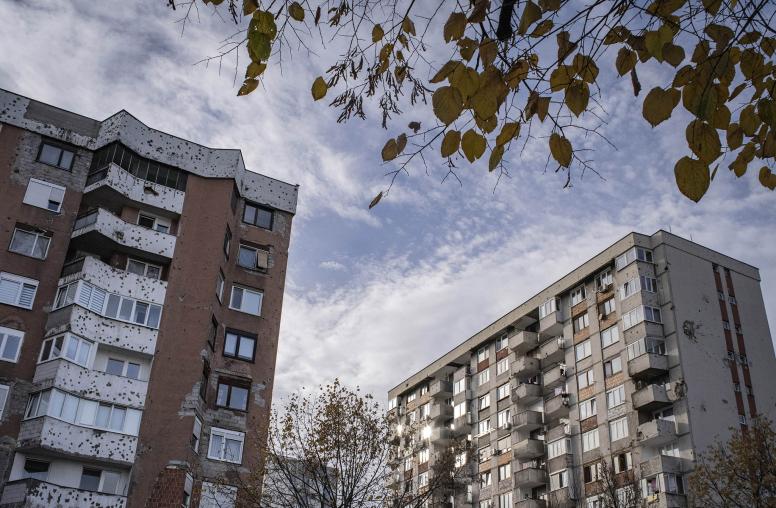Principled Peace: Jewish, Christian and Muslim Perspectives on Just Peacemaking
In an era in which religion is resurgent, the recently released book, “Interfaith Just Peacemaking” -- a collection of essays by 27 Jewish, Muslim and Christian scholars and religious leaders -- provides timely new insight into religious resources for building fair and sustainable political, economic and social systems.

As its title indicates, the book advances a shift in religious thinking from “just war” ideas, which provided religious criteria for waging war to address injustice, to “just peacemaking,” a proactive process for mitigating the root drivers of violence, as a nonviolent tool for preventing and resolving serious conflict.
This event will feature the following speakers:
- Muhammed Abu-Nimer
American University - Robert Eisen
George Washington University - Susan Thistlethwaite
Chicago Theological Seminary - Susan Hayward
United States Institute of Peace - David Smock, Moderator
United States Institute of Peace



